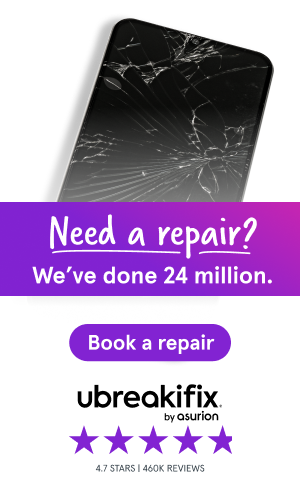- Joined
- Apr 21, 2014
- Messages
- 784
- Solutions
- 1
- Reaction score
- 546
I'm usually battling too little home page text, but I've got a prospect who may have the opposite problem. They are a managed IT services provider.
The word count is 2277. The home page starts off with a slider (of course!), then a section on six services with a short paragraph about each, then a similar section about six types of industries they serve. Not too bad so far.
But then we get seven lengthy bios with pictures of each manager, another slider focusing on their history, a section of blog excerpts, a current open positions section, an awards section, and a contact form no one has ever seen because no one is going to scroll that far!
It looks to me like it *may* have been a single page site, and then they started added internal pages. Amazingly enough the load time isn't that bad.
They rank well enough for some terms, but not IT security, even though it is one of the six services mentioned.
Is it possible Google is devaluing some text because of the sheer volume of text on the page? Has anyone ever come across a similar situation?
The word count is 2277. The home page starts off with a slider (of course!), then a section on six services with a short paragraph about each, then a similar section about six types of industries they serve. Not too bad so far.
But then we get seven lengthy bios with pictures of each manager, another slider focusing on their history, a section of blog excerpts, a current open positions section, an awards section, and a contact form no one has ever seen because no one is going to scroll that far!
It looks to me like it *may* have been a single page site, and then they started added internal pages. Amazingly enough the load time isn't that bad.
They rank well enough for some terms, but not IT security, even though it is one of the six services mentioned.
Is it possible Google is devaluing some text because of the sheer volume of text on the page? Has anyone ever come across a similar situation?




